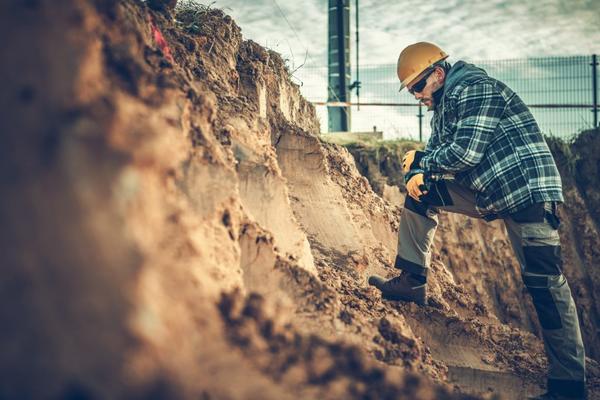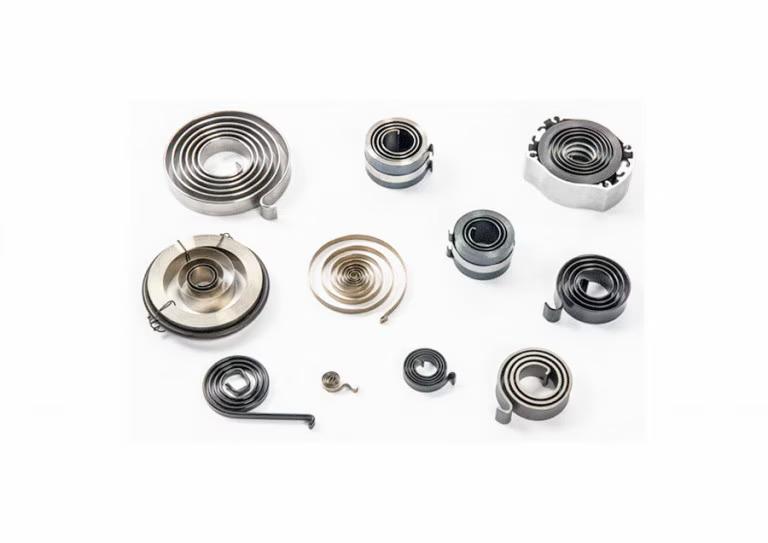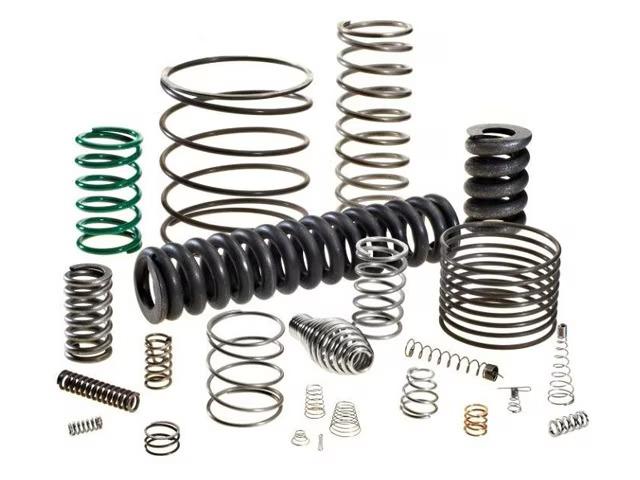Description
Soil stabilization enzymes are a type of enzyme that is used to improve soil structure and stability, making it more suitable for construction and other engineering purposes. These enzymes are naturally occurring proteins that catalyze specific chemical reactions in the soil, resulting in beneficial changes to soil properties. There are several types of soil stabilization enzymes that are commonly used, including: Urease enzymes: These enzymes break down urea in the soil, releasing ammonia which can react with soil particles to form stable compounds that improve soil structure. Protease enzymes: These enzymes break down proteins in the soil, improving soil structure and reducing the risk of soil erosion. Cellulase enzymes: These enzymes break down plant cell walls in the soil, improving soil structure and reducing soil compaction. Pectinase enzymes: These enzymes break down pectin, a complex carbohydrate found in plant material, improving soil structure and reducing soil compaction. Ligninase enzymes: These enzymes break down lignin, a complex polymer found in plant cell walls, improving soil structure and reducing the risk of soil erosion. Overall, soil stabilization enzymes play an important role in the construction and engineering industries by improving soil properties and making it more suitable for a wide range of applications. They offer a wide range of benefits, including increased efficiency, reduced costs, and improved quality control.




